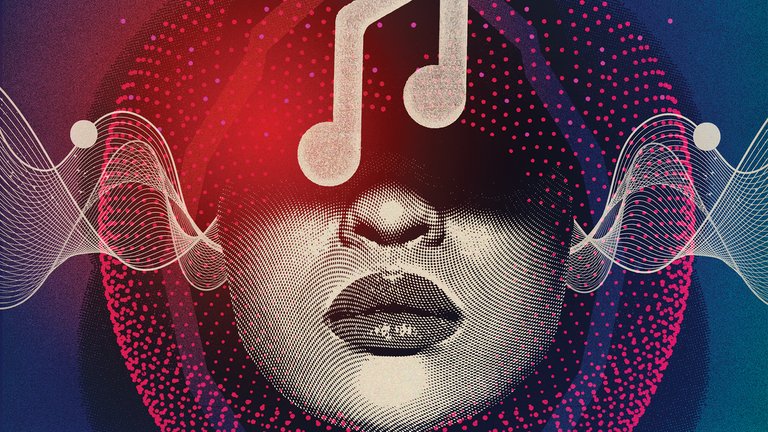Music has long been known to have a powerful effect on our psychology. From the earliest days of human civilization, music has been used as a way to express emotion, communicate ideas, and bring people together. Today, the effects of music on our psychology are still widely studied and understood, and the results of this research have led to a greater understanding of how music can be used to improve our mental and emotional well-being.
One of the most well-known effects of music on our psychology is its ability to affect our mood. Different types of music have been shown to elicit different emotional responses in listeners, with fast-paced, upbeat music tending to make people feel more energetic and positive, while slower, more contemplative music can have a calming and soothing effect. This is why music is often used in therapy and counseling sessions, as well as in other settings where people need to relax and unwind.
Another important effect of music on our psychology is its ability to help us focus and concentrate. Studies have shown that background music can help people to work more efficiently, as it can help to block out distractions and keep the mind on task. This is why music is often played in offices, libraries, and other places where people need to be productive.
Music also has a powerful effect on our memory and cognitive abilities. Research has shown that listening to music can improve memory recall and retention, as well as enhance the ability to think abstractly and creatively. This is why music is often used in educational settings, as well as in programs designed to help people with cognitive impairments.
Music can also affect our social behavior and interactions with others. Many people find that listening to music together can create a sense of bonding and connection, as it allows people to share a common experience and emotional response. This is why music is often used in group therapy sessions, as well as in other settings where people need to come together and work as a team.
Music can also be used to help people cope with stress and anxiety. Studies have shown that listening to music can help to reduce feelings of stress and anxiety, as well as improve overall mental well-being. This is why music is often used in relaxation and meditation exercises, as well as in other programs designed to help people manage their mental health.
Music is a powerful tool that can have a significant impact on our psychology. From affecting our mood to helping us focus and concentrate, music can improve our mental and emotional well-being in a variety of ways. Whether you're looking to relax and unwind, or to improve your memory and cognitive abilities, music can be a valuable tool to help you achieve your goals.

Dear @oretenklaus,
Our previous proposal expired end of December and the Hivebuzz project is not funded anymore. May we ask you to review and support our new proposal (https://peakd.com/me/proposals/248)?
Thank you for your help!